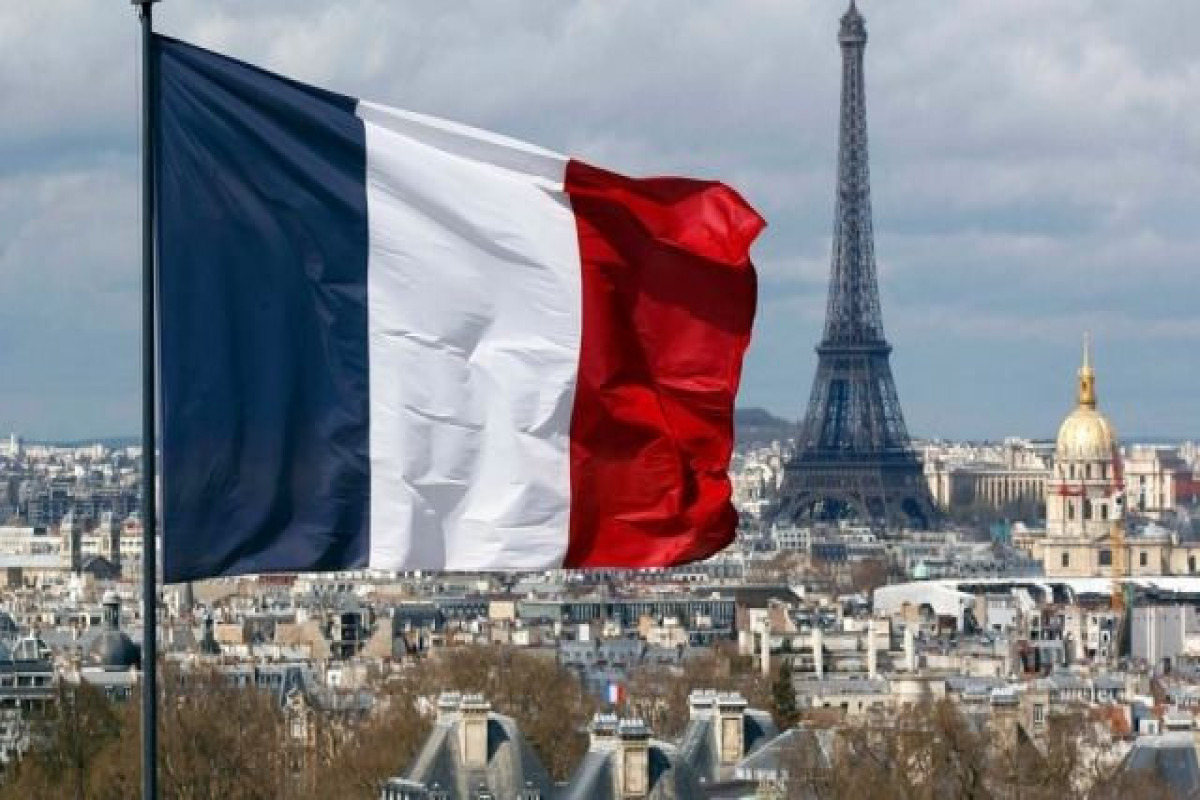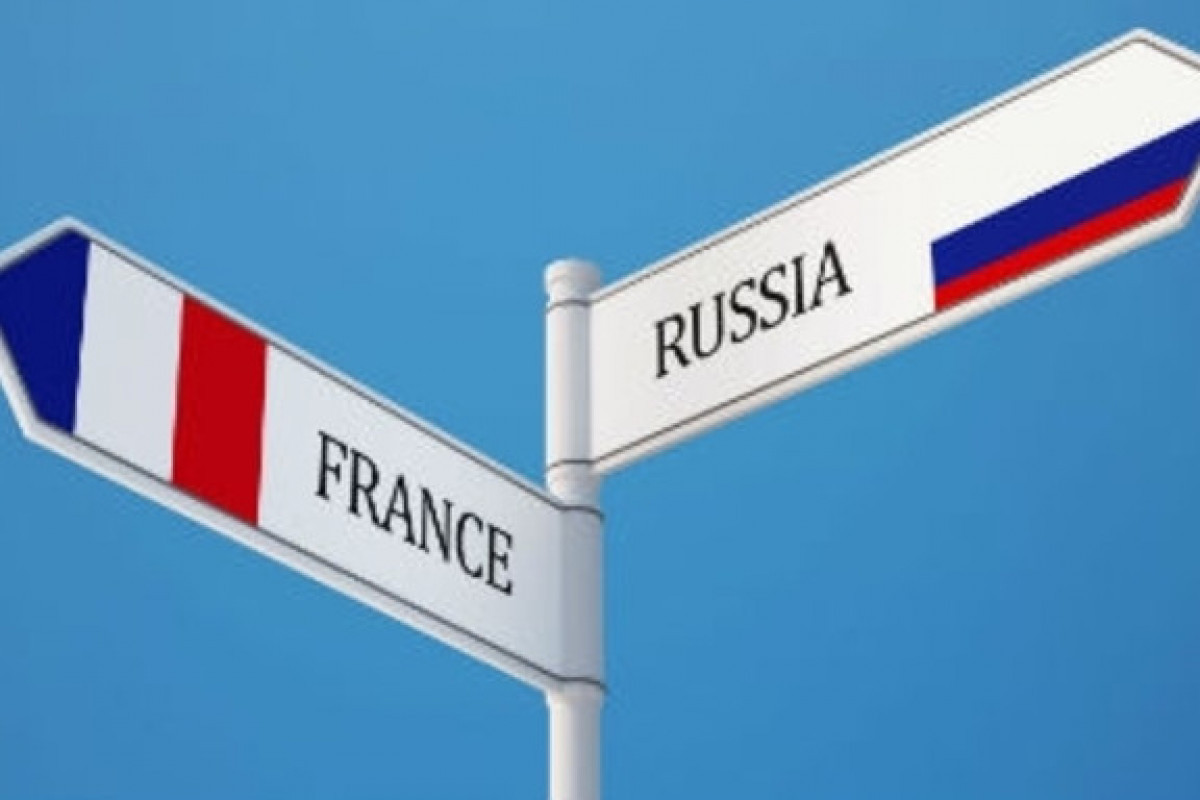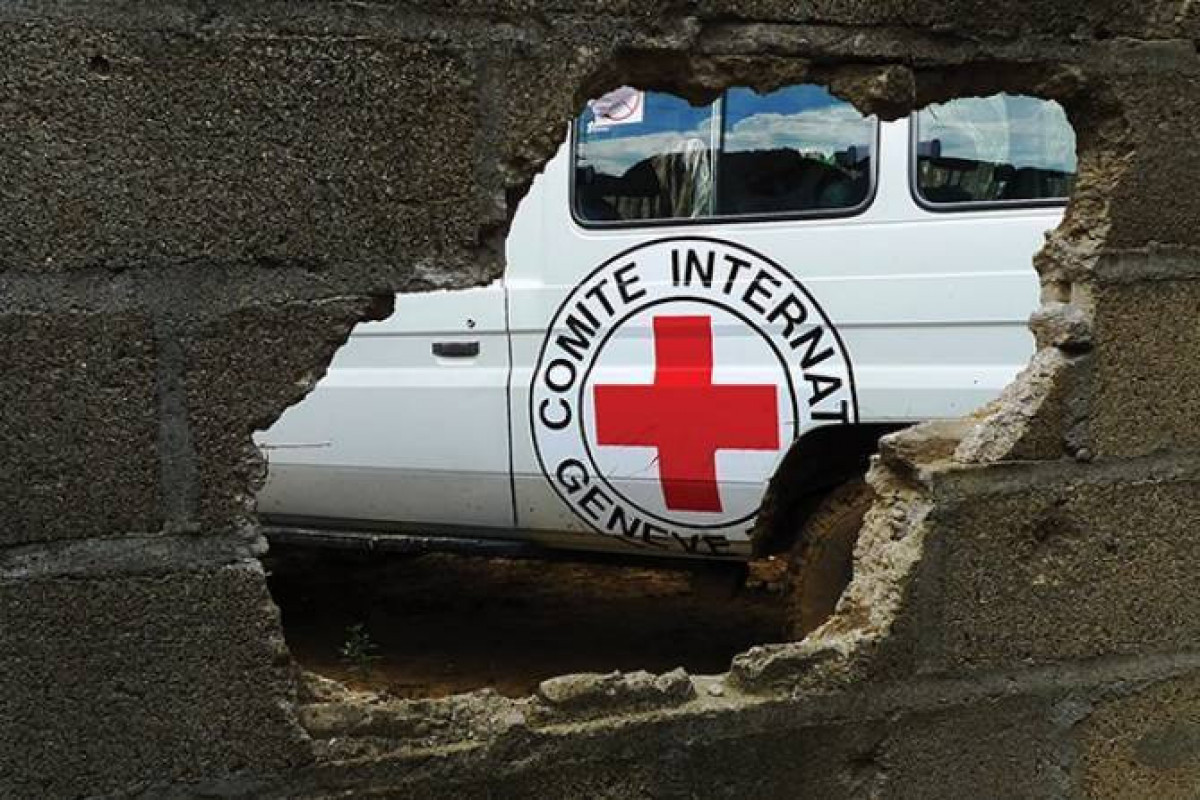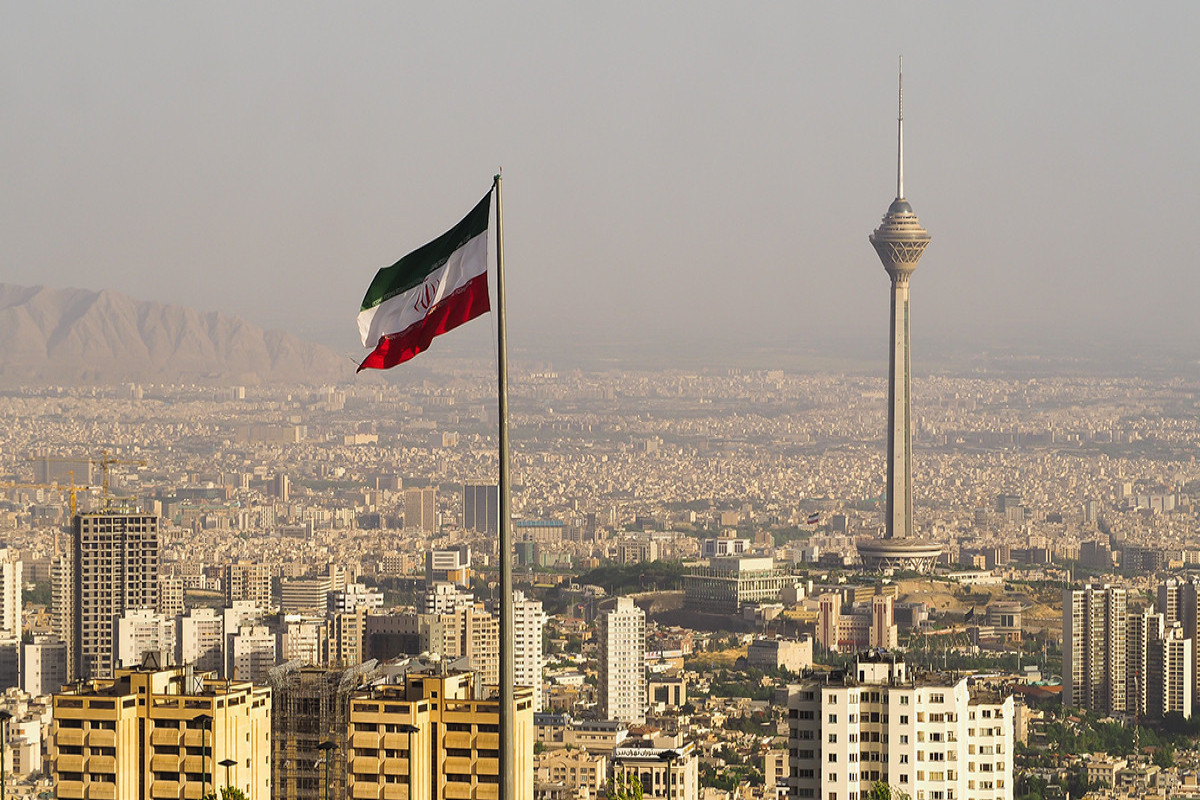Official Yerevan, which firstly disseminated information on May 5 on adoption of the bill on “recognition of the separatist regime in Nagorno-Karabakh” by the Armenian government and then refuted it, showed by a step that “it is not aware of what it is doing”.
Armenia disseminated contradictory official information in a few hours. The first information was about Armenian government's opinion on the bill on the recognition of the so-called “Nagorno-Karabakh Republic”. According to this information, Yerevan reviewed the bill and submitted it to the parliament. The bill was presented by Armenian Deputy Foreign Minister Shavarsh Kocharyan at the government’s meeting on Thursday.
Two and a half hours later, this information was refuted by the Armenian Foreign Ministry. “What is rumored about the Armenian government’s decision on the initiative made by two MPs of recognition of the independence of the “Nagorno-Karabakh Republic” is unfounded. The government’s opinion in this regard does not mean consent. Armenia has repeatedly made it clear under what circumstance it would recognize the independence of Nagorno-Karabakh. As to such a critical decision, the president of Armenia, as a trusted partner, will inform beforehand his counterparts as well as the OSCE Minsk Group co-chair countries,” said the statement of the ministry.
There is a key point between the news: Moscow's first reaction to the first news. Press Secretary for the President of Russia, Dmitry Peskov commented on the news regarding Armenian government's opinion on the bill on the recognition of the so-called “Nagorno-Karabakh Republic” at 12:23 pm by Moscow time. Two points of Peskov’s statement should be underlined. The first point is that Peskov said the bill on recognition of "independence of Nagorno-Karabakh" has not been discussed with Moscow by Armenia. Thus, Mr. Peskov informed Yerevan that Moscow doesn’t give consent to the bill.

The second point is that Peskov said Russia is closely watching decisions being made in this context. "Of course, we continue to hope that the parties to the conflict will avoid any steps that may disrupt a quite fragile truce and in general trigger the escalation of tensions in Nagorno-Karabakh,” he said. It was the second message to Armenia that Moscow wouldn’t interfere in the consequences.
On May 4, Russian Foreign Minister Sergei Lavrov also sent a message to Yerevan. The minister told local media that Armenia is not discussing this issue. “This is the proposal made by two parliament members. The Armenian government, under its law, should prepare a final report on the draft law. When I was in Yerevan and talked to my counterpart, and also when he came to Moscow, and after the April incidents they clearly reaffirmed that Armenia is committed to a peaceful settlement of the conflict. This means that the status of Nagorno Karabakh will be defined not one-sidedly, but in the context of an overall agreement”, Lavrov added.
Ignoring Lavrov’s message, the Armenian government tried to violate the rules again. However, they failed. Armenia was forced to take a step back under a statement of the Kremlin.
What was the purpose of Armenian government's opinion on the bill on the recognition of the “Nagorno-Karabakh Republic” – “the initiative of the two parliament members, as stated the Armenian Foreign ministry”?
It is not too difficult to respond to. Armenia is trying to feel the pulse of Russia after the April events. Sargsyan's government is realizing that the recognition of "NKR" would put an end to the negotiations lasting for more than 20 years and activities of the OSCE Minsk Group. Taking into account that Moscow was the main initiator of the negotiation process, it is obvious that Yerevan’s provocation on the recognition of the separatist regime is aimed against Moscow as well.
Kremlin perceives the consequences of recognition of the so-called regime in Nagorno-Karabakh. Moscow realizes that it would be "casus belli" – “pretext for the declaration of a state of war” for Baku and is likely to respond to Yerevan’s attempt of demarche in coming days.
What is happening is the evidence of the existence of deep divergence between Yerevan and Moscow over the Nagorno-Karabakh conflict. Lavrov's proposal to Yerevan and Armenian government’s refuting Russian Foreign Minister's statements in his recent interview shouldn’t be overlooked. On the one hand, Moscow says it made a proposal on the Nagorno Karabakh region to Yerevan, on the other hand Armenian Foreign Minister Edward Nalbandian refuses it. However, Russian, Azerbaijani and Armenian media outlets are discussing Lavrov’s "5+2" proposal to Armenia regarding the return of the occupied territories surrounding Nagorno Karabakh. Sargsyan's government firmly refuses such a proposal made by Lavrov.
It seems that the Armenian government either lost or is about to lose the confidence of Moscow. It is obvious that the Armenian government’s demonstratively saying "no" to Kremlin’s proposals would lead to the end of Sargsyan's power. Parliamentary elections will be held in Armenia in 2017. According to the new constitution, the country will be lead by the Prime Minister elected by the parliament. Sargsyan feels overconfident in this post. However, the defeat of Armenia's military dictatorship in the clashes on the Nagorno-Karabakh frontline in April and failed demarches against the Kremlin put an end to Sargsyan's dreams of being a Prime Minister. Most likely, the Kremlin is directly involved in it.
Farid Akberov/ APA Analytic Center




 ANALYSIS'>
ANALYSIS'>

